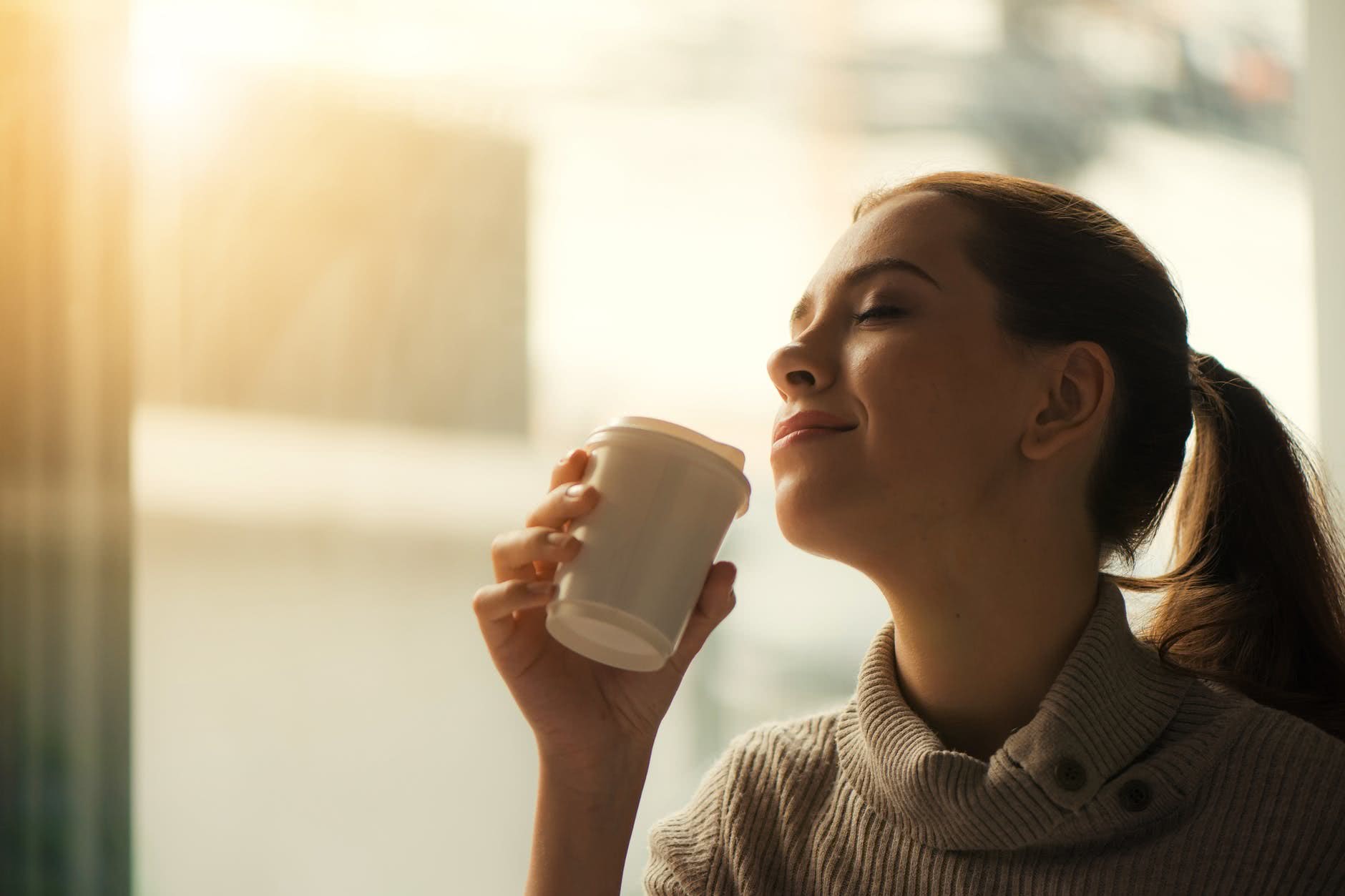Do you consume more caffeinated beverages than you do water? Does your current caffeine consumption no longer give you a boost, just a feeling of being normal? Maybe your one cup of coffee a day has turned into one too many. You’re aware of it but you don’t know how to kick the habit. We drink coffee for the feelings of satisfaction, alertness and wakefulness it provides but when we consume too much caffeine, our mood hits rock bottom, the “buzz” becomes a plateau of exhaustion and we feel the need to drink more and more to achieve the desired effect.
When it comes to caffeine, you may be wondering how much is too much? Ask yourself the following questions: Do you get a headache if you haven’t had coffee by lunchtime? Do you plan your day around getting your caffeine fix? Do you consume at least four-five coffees or three energy drinks a dat? Do you get irritable or impatient if you haven’t had your morning caffeine dose?
If you answered yes to most of these questions, you could be a caffeine addict! Don’t despair. There are ways to minimise your caffeine intake without feeling too terrible.
- Know your ingredients. Understand the ingredients of the foods and drinks you consume and take cognisance of caffeine products.
- Decrease your consumption over time. Plan to remove caffeine from your diet in stages, don’t go cold turkey. Caffeine is addictive and the withdrawal symptoms are not pleasant so taper your consumption down.
- Water down drinks that contain caffeine. This may not sound very appealing but just adding more water to your tea (which is also caffeinated) is a start to reducing your caffeine intake.
- Switch to herbal tea or to decaf coffee, water or fruit juices. Decaf coffee tastes just as good.
- Order smaller cups of coffee or tea. This will start to make a difference.
- Alternate between caffeine and non caffeine products. Again, go slowly as you eventually aim towards eliminating caffeine from your diet.
- Check your pain reliever and any over-the-counter medications, you take which may contain caffeine then switch to products which do not contain caffeine.
Suddenly starting to feel irritable, anxious or low could mean you are withdrawing from caffeine. Nausea, dizziness and palpitations are common indicators of this state too. Read the full article on Caffeine Dependance and Abuse here. If you feel that your caffeine problem is one of many stimulant-seeking behaviours, this could indicate you have a problem with stimulants or may run into one. Stimulant drugs include Cocaine, some Prescription Medications, Speed, Kat and Meth. Contact us if you have any questions regarding a problem you or someone you know may have and speak to one of our trained counsellors.







